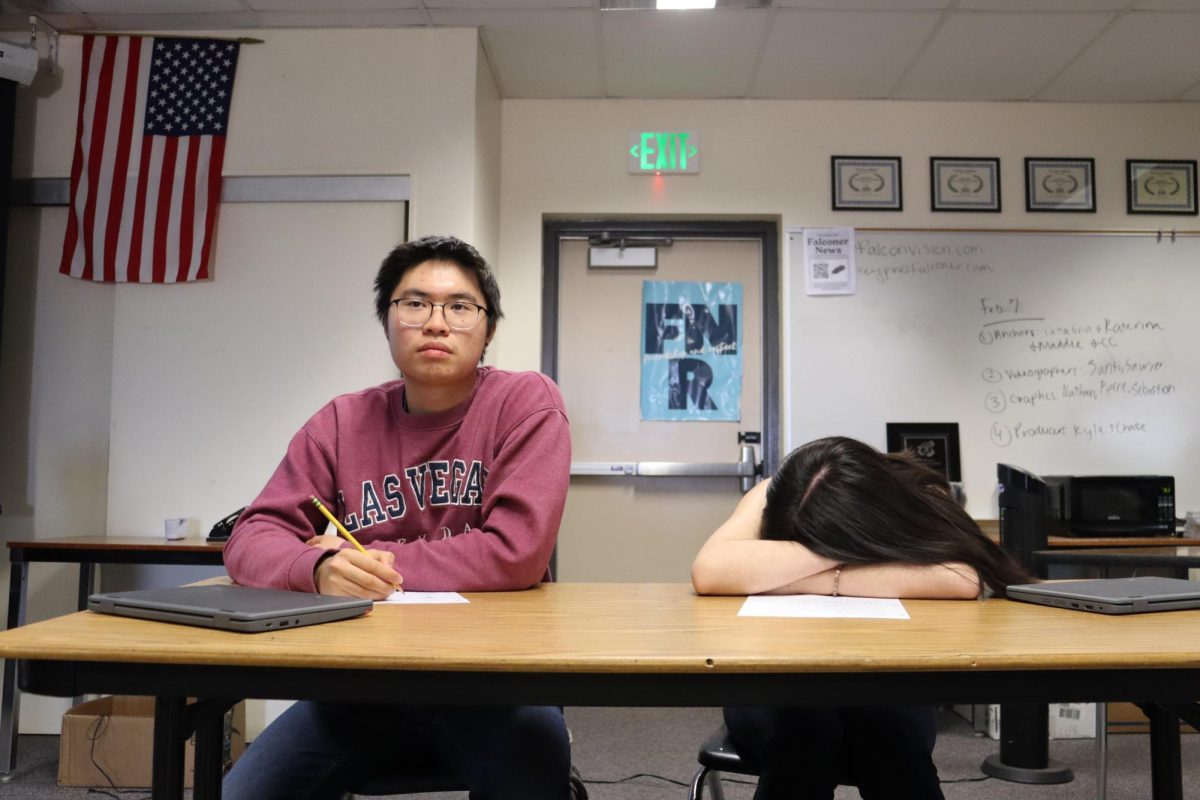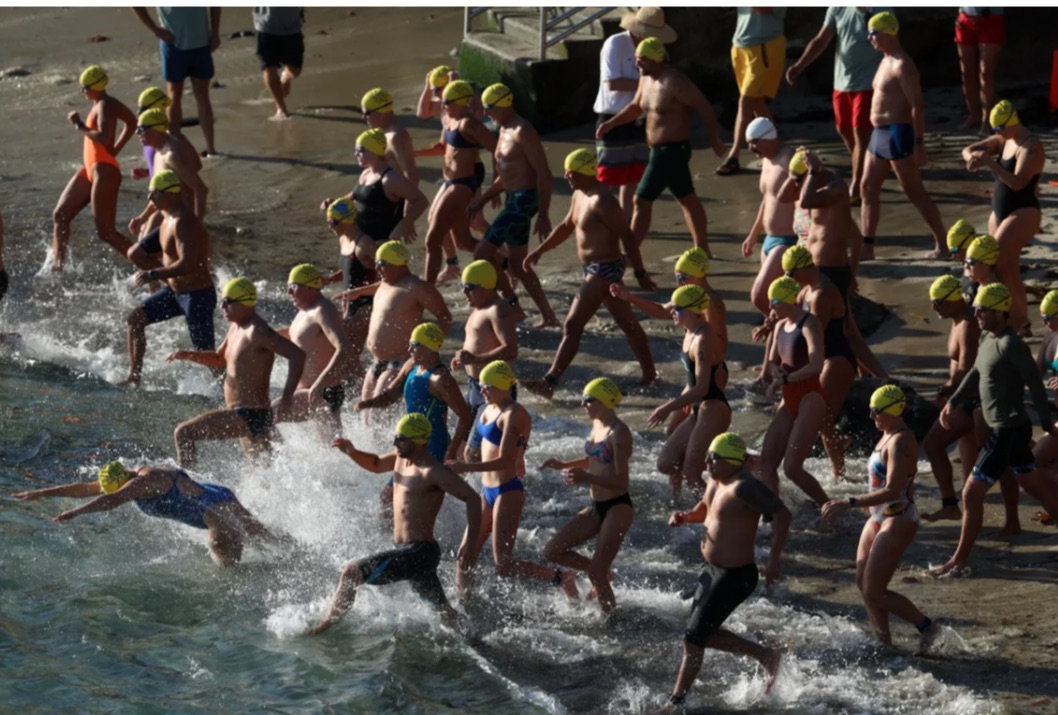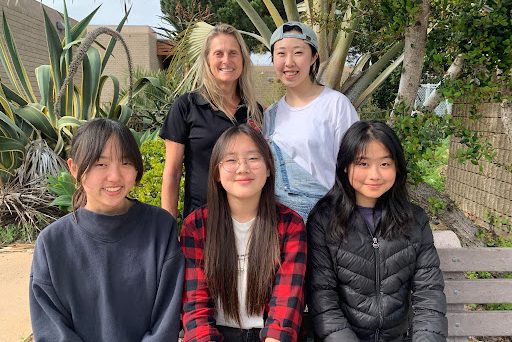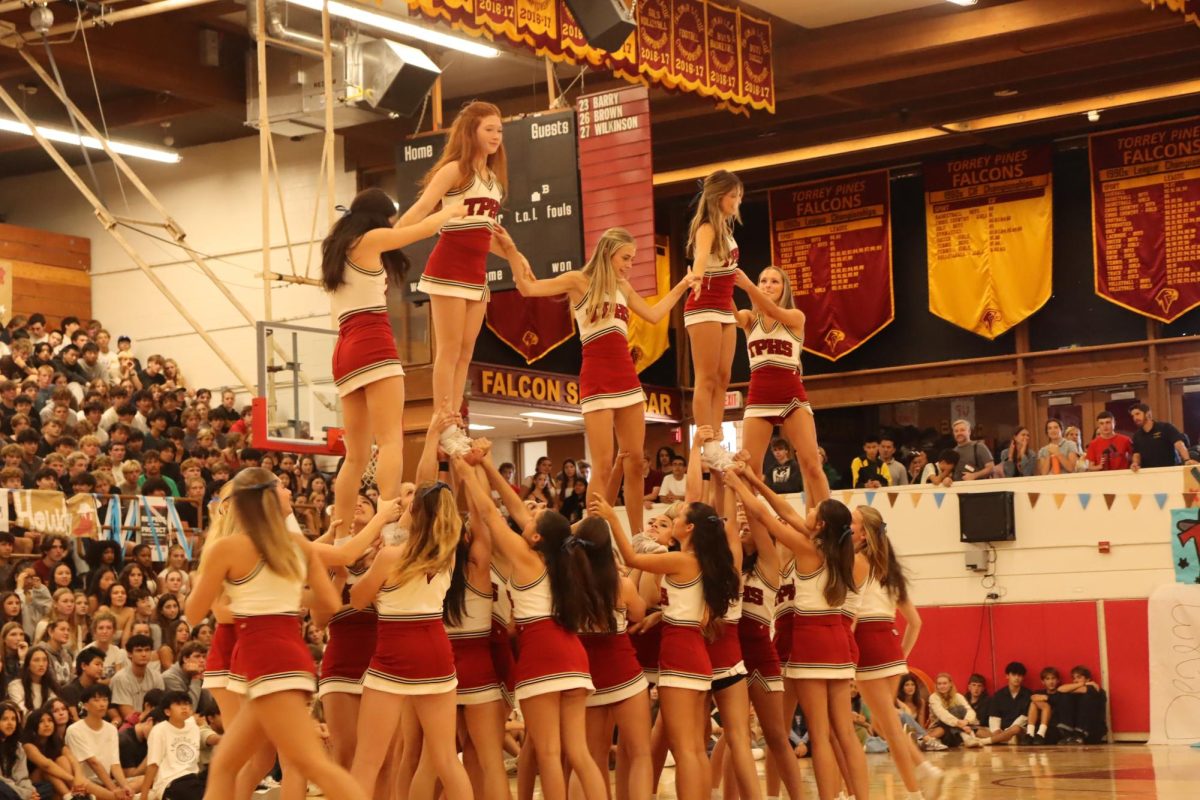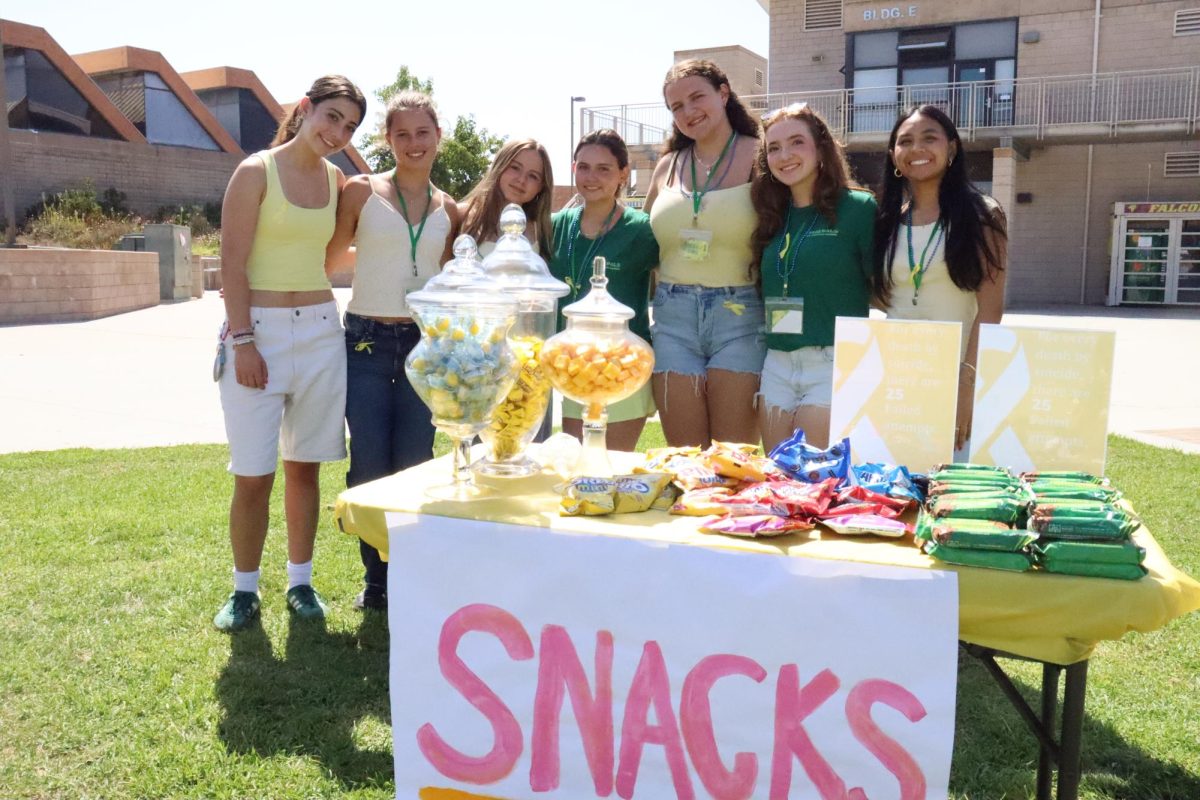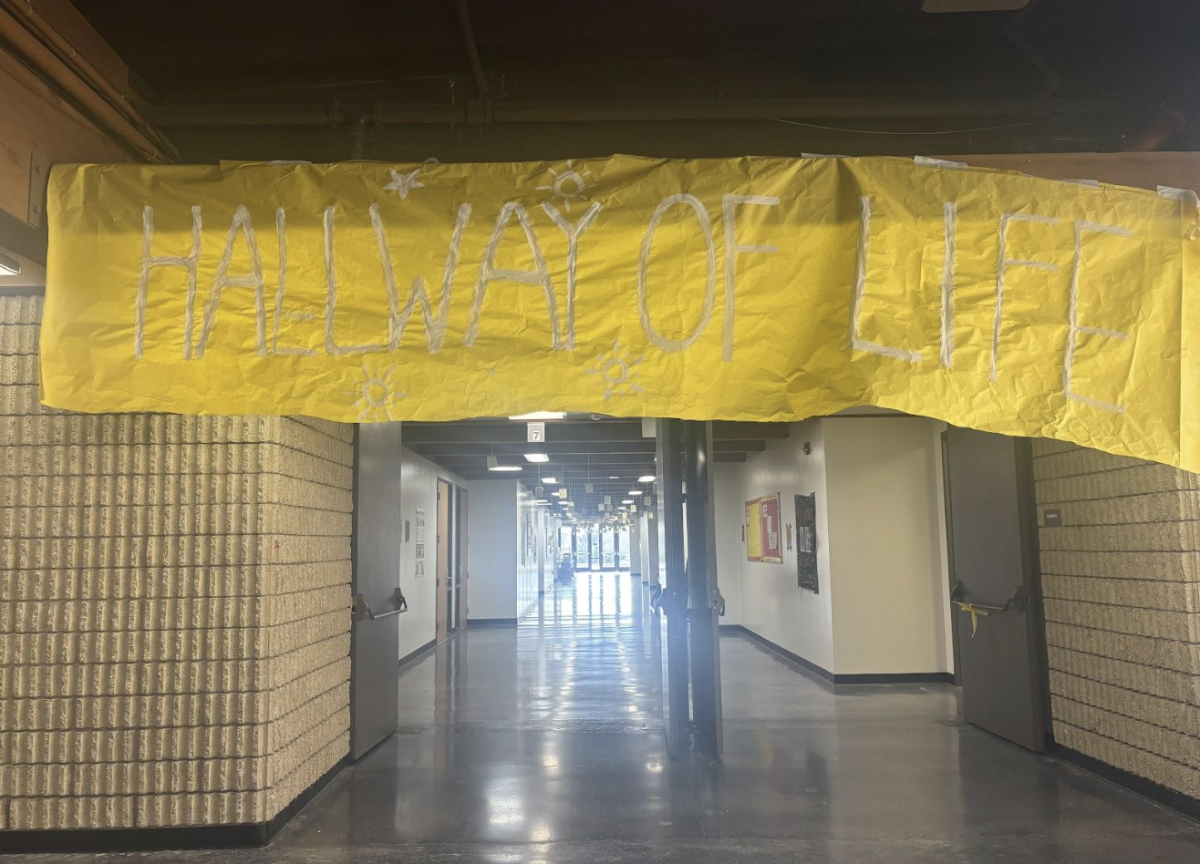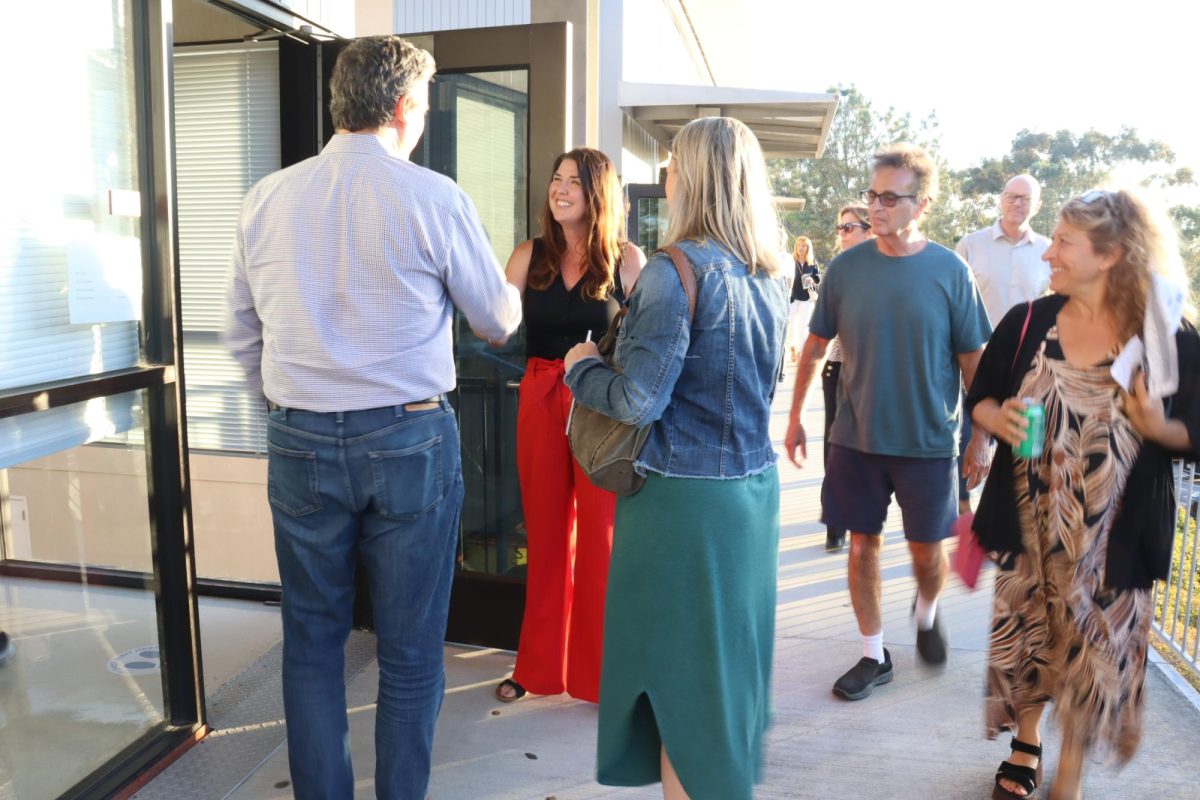As students are settling back into the school routine for the second semester, the Falconer wondered how academic participation was faring in classrooms. To answer this, a simple question was posed to 45 teachers from buildings B, E, G, J and the VAC on campus: Have you noticed a decline in student engagement since the start of the second semester?
About 53.3% of teachers surveyed (24) said that no, they had not noticed a decline. Michael Rall, who teaches Chemistry Honors: In Earth System and AP Environmental Science, went so far as to say that his students were “more motivated” in the second semester. Others, including Ryan Eddingfield, who teaches Biology: The Living Earth and Marine Biology, and Colin Cornforth, who teaches AP U.S. History and college prep U.S. History, mentioned a general decline in student engagement over the past five years, but not regarding second semester in particular.
46.7% of teachers (21) said that yes, they had observed a decline. There was a range of responses for this category, from an emphatic yes, to “slightly” or “a little bit.” In particular, many of the teachers who answered in the affirmative teach seniors. For Lisa Callendar, who teaches AP English Literature (primarily a senior class) and AP Seminar (primarily a junior class), she specified that she noticed a decline in engagement with her 12th graders, but not with her juniors. Olivia Bogert, who teaches AP English Literature and English 11, also indicated that she had “pockets of seniors” demonstrating signs of lowered engagement, but no change in her junior students.
This trend seems to be the case.
“I’d say my level of engagement is pretty similar to the beginning of first semester, but it has been a struggle getting back into it, especially as grades are reset and there’s a lot more pressure as junior year is ending and you’re starting to think about college applications and that kind of thing,” Sophia Lesser (11), who is taking six AP classes this year, said. “But I’d say that a new semester, a fresh start is always a good thing.”
On the other hand, some senior students are struggling to stay engaged since the start of the second semester.
“First semester I was way more interested in the things that we were learning … but honestly I just feel like there’s less of a point to participate now,” Nike Vargas (12), who is taking six AP classes this year, said. Further, Vargas notes that the “originality” of her work has “changed.” Whereas in the beginning of the first semester she was “excited to learn,” she now feels that she is “reiterating what ideas have been said.”
John Milner, who teaches AP Government and Politics, AP World History and Sociology, puts in extra effort to make his classes even more engaging than the first semester in an attempt to keep his students interested.
“I do have to perform more,” Milner said. “Be more enthusiastic, more energetic, I can’t just lecture and I’ve got to come up with an interactive activity. More so in the second semester [than before] because [the students] are looking for that grade, it’s coming down to the wire, the test is looming and with seniors, graduation is looming … I want this to be memorable, I want [students] to be present, but I also want to acknowledge that [seniors] are on their way out so it needs to be fulfilling. And that’s tough.”
Engagement and participation are two different things, however. Both Lesser and Vargas actually noticed an uptick in participation in the second semester, although for different reasons.
“For classes that motivate or give you an incentive [to participate], for example with [Anna] Hubbard, [AP English Language and English 12], if you participate you might get a letter of recommendation, those classes I feel like we’ve actually increased participation,” Lesser said.
For Vargas, she feels that students are more comfortable with participating in the second semester.
“People stopped caring as much so … they feel more comfortable sharing,” Vargas said. “I feel like this happens every year as classes go on, you get more used to the people you’re in a classroom with so you’re more willing to share. However, I think what people are sharing is less thought-provoking.”
In general, both Vargas and Lesser said they felt teachers tried to be understanding about this struggle. Vargas said they “try to be” but sometimes their efforts “end up backfiring.” Lesser said that her teachers “do [understand] to an extent,” telling their students that their grades do not define them, but that she is still ultimately facing a workload that is “the same if not more.”
“In high school, the second half of senior year, I was like ‘I don’t care about this stuff,’” Milner said. “I try to be very empathetic to that.”
Through his understanding, Milner is able to try different strategies to combat the reduced motivation.
“I was anticipating [lowered engagement in the second semester],” Milner said. “So I kind of bake it in. I acknowledge that the lessons can’t be [just] me talking, I can’t expect [the students] to stay attuned … this lack of engagement has gotten me to try out new methods that I haven’t before.”


